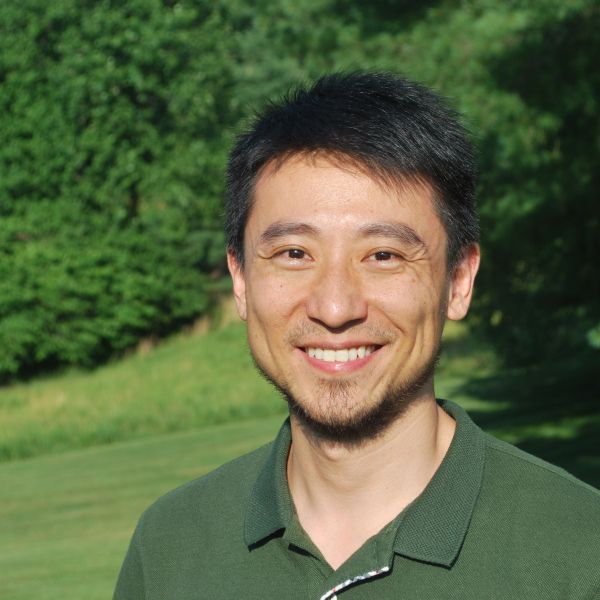Image

Xin Yu aka "Fish" is Youth Engagement Director of The Nature Conservancy, China, responsible for strategic development and implementation of environmental education in China by collaborating with EE experts, education entrepreneurs, schoolmasters, educators, and officials, etc. He and his team are currently adapting TNC’s E-STEM course for adoption and application with Chinese context and aiming to reach one million students. Fish expects that the ee360 Fellowship will help the TNC program provide broader insights and a more practical understanding of environmental education in China. Fish believes that education is the key to delivering sustainability for humanity. Prior to joining the Conservancy, he was Head of Programs for Amway Charity Foundation in China- And previously, he used to work as Public Engagement Compaigner for Greenpeace East Asia. Fish holds an MSc in Environment and Sustainable Development from University College London. He enjoys photography, music, acting, swimming, and hiking with friends in his free time.
About Fish‘s ee360 Community Action Project
Environment-themed STEM education has a unique advantage to work with the formal education sector and to play an important role in making environmental education a natural part of China’s traditional education system. Fish’s ee360 Community Action project aims to reach one million students by adopting TNC’s Nature Works Everywhere, E-STEM curriculum of virtual field trips and Project-Based-Learning courses with localized contents according to the Chinese context. Young students from grades 3-12 are given the opportunity to learn about real-world environmental challenges by practicing green infrastructure construction and practicing citizen science around biodiversity, and more with their hands and minds. Teachers are being connected and trained to become more capable of teaching interactively as mentors. Students in cities and rural areas will learn to analyze complicated issues, work together to create practical solutions, establish awareness of environmental challenges, and grow their confidence in solving those problems with a concern for humanity. The project is building partnerships between and among governments, schools, other educational institutions, as well as individual educators to be able to provide alternatives to orthodox teaching and make education more sustainable in China.